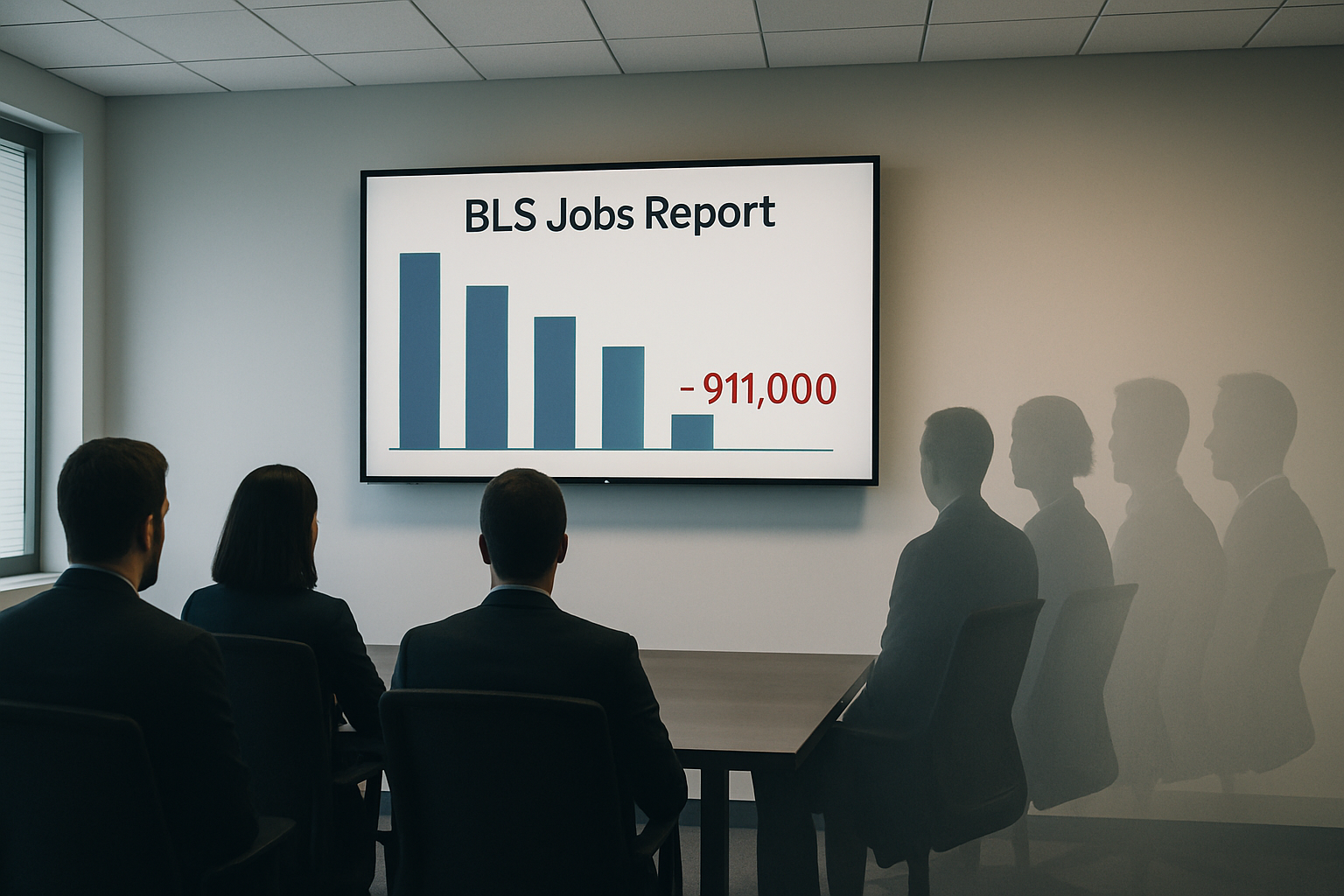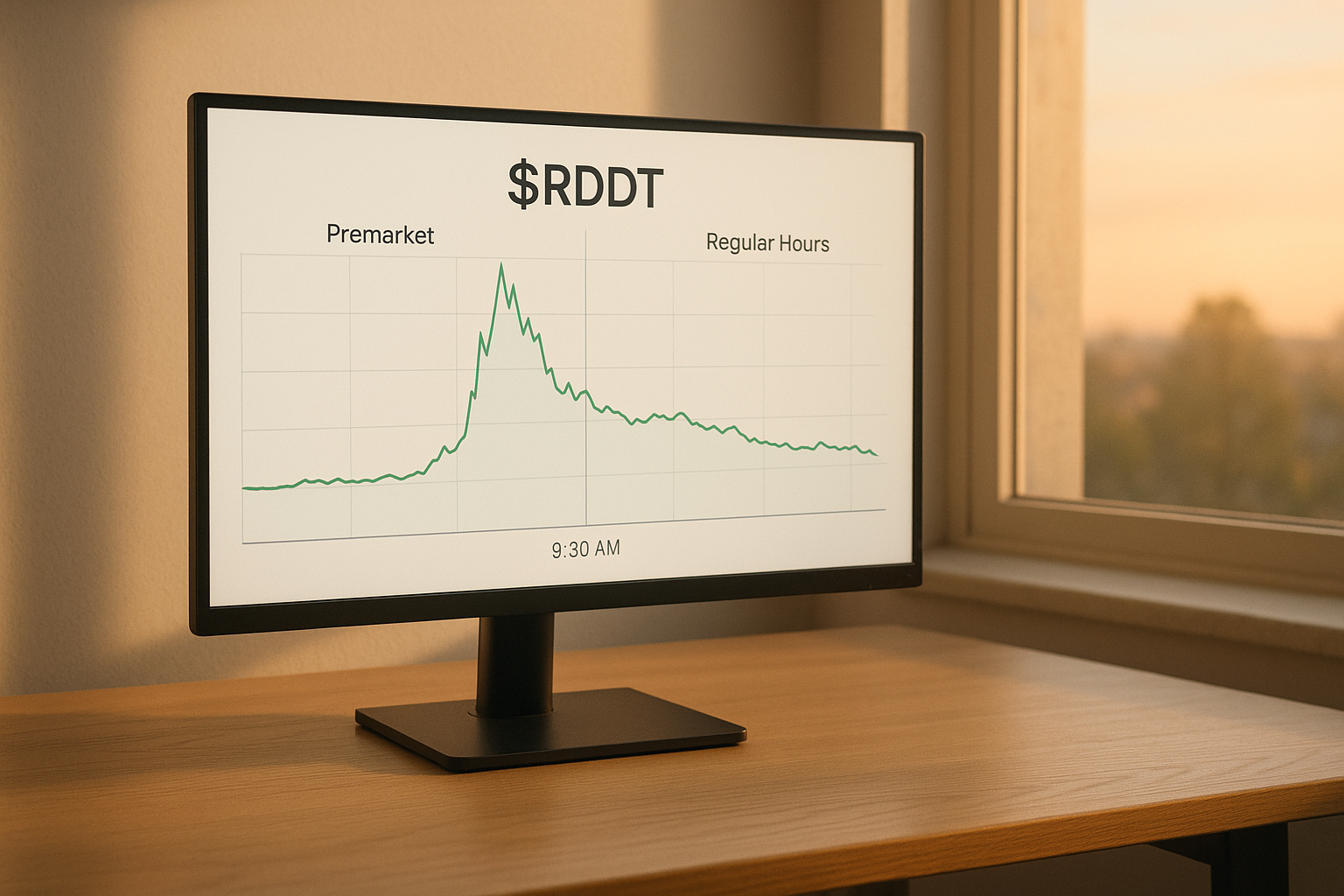I bumped into an intriguing trend lately while chatting with readers about their investment strategies. More and more regular folks are making a deliberate retreat to cash—not because they're panicking about market conditions (though Lord knows there's plenty to freak out about these days), but because real life has come knocking.
Here's a situation that caught my attention: an investor recently liquidated their entire portfolio at a profit, despite taking some hits on individual stocks, and parked that money in a high-yield savings account while hunting for a home. Smart move or rookie mistake?
Let's call this what it really is—lifecycle-based asset allocation. Fancy term, simple concept: your money should actually match what's happening in your life. Revolutionary, I know.
Look, we've all heard the standard investment gospel a million times. Time in the market beats timing the market. Any financial advisor worth their salt will preach this sermon. And they're not wrong! Over the long haul, equities crush cash returns.
But here's the rub—that wisdom only holds water when you've got time on your side.
When your horizon shrinks from decades to mere months, everything changes. Dramatically.
I've been covering personal finance for years, and if there's one thing I've learned, it's that context matters more than formulas. The real question isn't whether your savings account will outperform the S&P (spoiler: it won't), but whether you can stomach watching your down payment money ride the market rollercoaster right before making the biggest purchase of your life.
Think about regret for a second. Which would sting more:
Missing out on a 10% market rally while your cash sits safely in a high-yield account? Or watching the market tank 15% a week before you're supposed to close on your dream home?
For most normal humans (as opposed to finance bros on Reddit), that second scenario would haunt them for years.
And don't overlook the psychological angle! House-hunting is its own special kind of hell—endless open houses, bidding wars, inspection anxiety... do you really need the added stress of checking your portfolio every morning, wondering if today's market tantrum just cost you that extra bedroom?
Sometimes the mental bandwidth you free up by eliminating uncertainty has value that doesn't show up in an Excel spreadsheet.
This isn't being stupid—it's being appropriately risk-averse for a specific, time-sensitive goal. The stupid move would be treating your house down payment fund like it's retirement money that won't be touched for 30 years.
Timing matters, though. If you're 2-3 years from buying, maybe keep some money in lower-volatility investments. But actively house hunting now? Within 12 months? Cash. Is. King.
The current environment actually makes this strategy more palatable. With high-yield accounts offering 4-5% these days, the opportunity cost of sitting in cash isn't nearly as painful as when savings accounts paid basically zilch. The risk-reward equation has shifted.
So to our investor who liquidated everything for a house fund? I'd say you're being perfectly rational. Just make sure that "high-yield" account is actually high-yield (banks love slapping that label on 0.8% returns) and that you're not keeping excessive cash sidelined longer than necessary.
The market will still be there—probably doing whatever unpredictable thing markets do—after you've got the keys to your new place.
And who knows? By then, maybe we'll finally get that correction everyone's been predicting since Obama's first term.
But I wouldn't bet my down payment on it.




